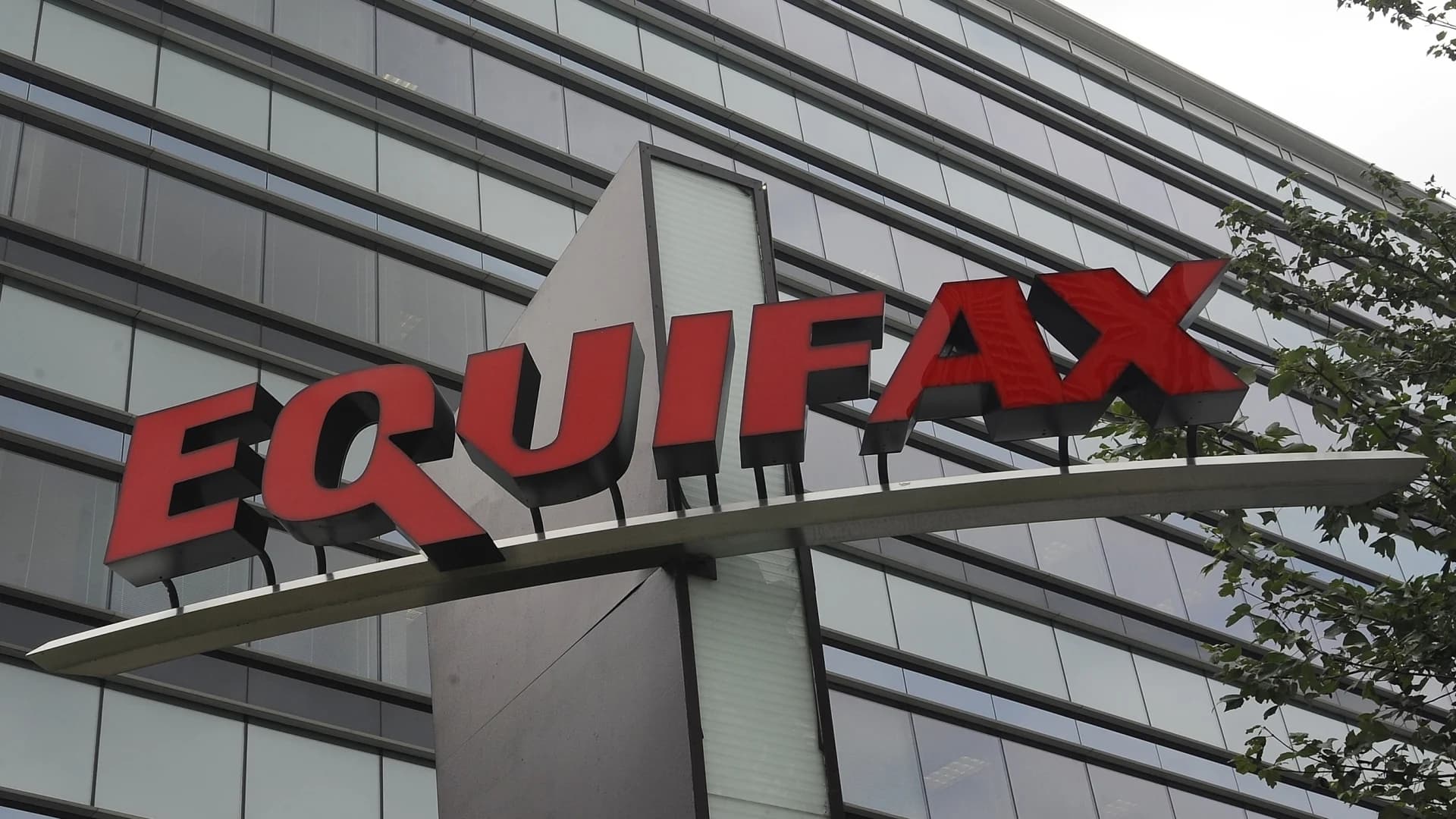More Stories

Equifax, one of the three major credit bureaus, announced that a computer coding error resulted in the miscalculation of credit scores for consumers in a three-week period between March 17 and April 6. For 300,000 consumers, the error shifted credit scores as much as 25 points. The changes to credit scores did not show up on credit reports, Equifax said in a press release.
While the error caused scores to shift in positive and negative directions, a 25-point drop in your credit score could do some major financial damage, especially if you’re on the cusp of one of the credit bands. For some consumers, that could mean less access to financial services and products like car loans and home mortgages, as well as credit cards with good terms.
NerdWallet spoke to credit experts and consumer advocates to nail down what you should be doing in the wake of this Equifax error.
HOW TO TELL IF YOU WERE AFFECTED
It might not be easy to determine if you were affected by this Equifax error. “To the naked eye, a consumer would never know they were impacted, to the good or to the bad,” credit expert John Ulzheimer said in an email.
Equifax says it’s “collaborating with our customers to determine the actual impact to consumers,” although it’s unclear how or when they will notify the impacted customers, if at all.
“This is not the consumer’s fault,” says Chi Chi Wu, an attorney at the National Consumer Law Center. “And it is outrageous that an error by Equifax harmed consumers and now they have to go back and fix it.”
Follow these steps to help safeguard your score in the wake of the Equifax error:
REVIEW ANY NOTICES RELATED TO DENIED APPLICATIONS DURING THIS PERIOD
If you applied for a car or home loan or a credit card between March 17 and April 6 and your application was denied or you had to pay more - potentially as a result of this miscalculated score - you might have some recourse if you received one of the documents below:
ADVERSE ACTION NOTICE: If your application was denied, you should have received an adverse action notice. Federal law requires creditors to tell you why your application was denied and which bureau they got their information from, so it’s important to review this letter to understand better if the coding error impacted you.
If you were declined “because of things that showed up on your credit report, if it has to do with your credit score in some way, shape or form, then it’s worth going back and pulling a copy of your credit report and your credit score,” says Bruce McClary, senior vice president of communications for the National Foundation for Credit Counseling. It’s also worth “finding out what credit score the creditor was using to evaluate you,” he says.
RISK-BASED PRICING NOTICE: If you applied for a loan or credit card during this period and were given less favorable terms (e.g., higher interest rates), you should have received a risk-based pricing notice.
If consumers applied for a credit card or loan during this time and did not get one of these two notices, then, according to Ulzheimer, “they were not denied and they were not adversely approved with disadvantaged terms.”
CHECK YOUR EQUIFAX CREDIT REPORT
Checking your credit report should be your next step. Here, you’re looking to see if a hard inquiry - or a request to check your credit - shows up. This “hard pull” is confirmation that you applied for credit during the three-week time frame when the error went undetected by Equifax.
Disputing the error with Equifax is not an option since the miscalculated scores did not appear on credit reports. “There wasn’t an error on their Equifax credit reports that required an investigation and correction,” Ulzheimer said. “This was a programming error that wasn’t impacted by how a consumer acted or paid their bills.”
CONTACT YOUR LENDER AND EQUIFAX
If affected, contact your lender and ask it to reassess your application or loan terms.
Getting rate changes on a credit card will be easier than changing the terms of a mortgage or car loan, according to Wu.
If you believe you may have been affected, you can also try calling Equifax’s customer service at 1-888-378-4329.
BE ON THE LOOKOUT FOR A MESSAGE FROM EQUIFAX
Keep an eye out for further communications from Equifax. “The onus is on the credit bureau to notify the people who were impacted and provide some course of action that people can take to address any issues that stemmed from this mishap,” McClary says.
___________________________________
This article originally appeared on the personal finance website NerdWallet. Amanda Barroso and Lauren Schwahn are writers at NerdWallet. Email: abarrosonerdwallet.com, lschwahnnerdwallet.com. Twitter: lauren_schwahn.
More from News 12
2:23

State approves $80M cost-saving fire safety variance for proposed Amazon warehouse in Orange County
1:44

Light snow expected in the Hudson Valley for New Year’s Eve celebrations
2:02

Hydrogen cyanide detected in air samples after Warwick lithium-ion battery fire
1:42

Ruined blowouts and all‑denim fits — how commuters braved cold and wind at Beacon station
1:49

Flu cases are surging in New York. Here’s how it’s impacting Rockland County
0:25
